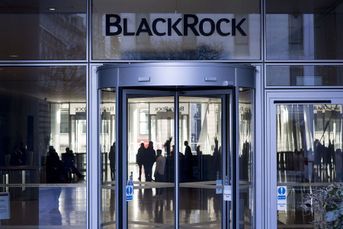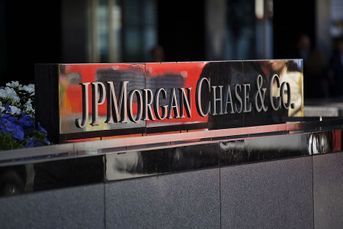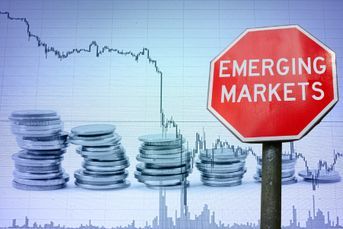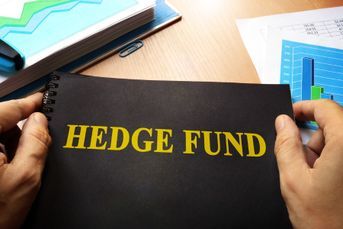U.S. agencies revisiting restrictions on bonus payments
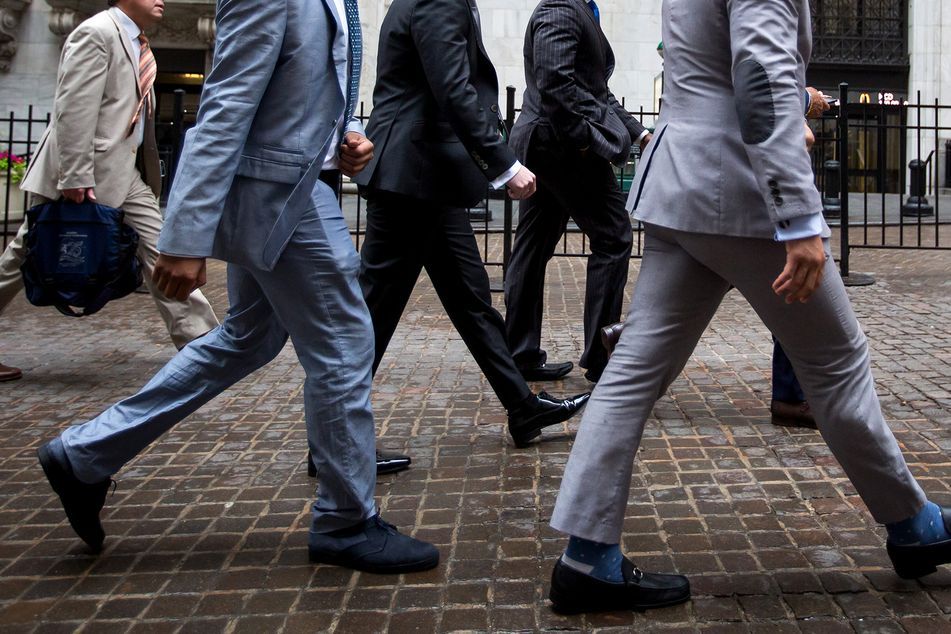 Pedestrians pass in front of the New York Stock Exchange. Photographer: Michael Nagle/Bloomberg
Pedestrians pass in front of the New York Stock Exchange. Photographer: Michael Nagle/Bloomberg
Pay limits were among the most sweeping constraints to come out of Dodd-Frank.
Wall Street could face fresh restrictions on bonus payments as regulators appointed by President Donald J. Trump consider dusting off post-crisis rules that have long been on the back burner, according to two people familiar with the matter.
U.S. agencies including the Federal Reserve have discussed re-proposing the regulations after previous attempts to approve them in 2011 and 2016 failed, said the people, who asked not be named because the efforts are very preliminary. Required by the 2010 Dodd-Frank Act, the controversial rules were meant to curb incentive pay that could encourage traders to take the kinds of dangerous risks that contributed to the 2008 meltdown.
(More: Senate rollback of Dodd-Frank faces challenge in House)
While the rules would seem at odds with Mr. Trump’s de-regulatory agenda, banks might be better off if agency heads he’s appointed pass them. That’s because any limits on bonuses implemented during his administration could be less onerous than what might be approved should a Democrat win the White House in 2020.
A Fed spokesman said the agency is committed to finishing up the incentive-compensation rule with other regulators. Spokesmen for the Securities and Exchange Commission, Office of the Comptroller of the Currency and other agencies didn’t immediately respond to emails seeking comment.
The pay limits were among the most sweeping constraints to come out of Dodd-Frank. The version proposed in 2016 would have limited “excessive” compensation, while requiring executives to wait longer to cash out bonuses and giving financial firms as long as seven years to claw back pay tied to misconduct. Industry lobbyists had routinely pointed out that banks had already moved to restrict such pay — often in ways that exceeded the standards the regulators were pushing.
Banks have deferred more compensation to future years for top executives since the crisis and tied more of that pay to performance metrics. Those moves were meant to address criticism that pre-crisis pay plans rewarded top managers for taking big risks with little downside if the bets later soured.
Goldman Sachs Group Inc. said last month that its top executives now have millions at stake in the outcome of the 1MDB corruption scandal in Malaysia. Equity awards for Chief Executive Officer David Solomon and his predecessor, Lloyd Blankfein, are subject to clawbacks if the results of the investigation “would have impacted” the board’s pay decisions for any senior executives.
(More: Trump administration wants to rewrite Dodd-Frank regulations)
The original Dodd-Frank deadline came and went eight years ago. Fed Vice Chairman for Supervision Randal Quarles told lawmakers at a recent hearing that he had no schedule for finishing the required rule, but he called it “an important issue, and it’s something that we will be discussing.”
The Wall Street Journal reported earlier Tuesday that regulators were discussing reviving the rule.
Learn more about reprints and licensing for this article.

